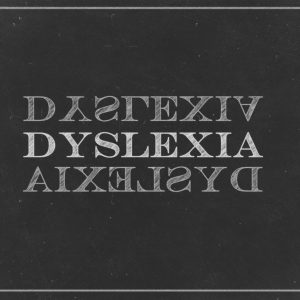Dyslexia Dissected
 Dyslexia has been scientifically recognized as a cognitive reading deficit for the past century, yet until recently little was understood about the underlying neural mechanisms of the disorder. Diagnosis has historically been made clinically; that is, based on evidence of difficulties with reading, spelling, and writing despite otherwise typical intelligence. Early intervention programs such as Nessy, the Barton System, and ReadRx can help students avoid the potentially devastating delays wrought by Dyslexia.
Dyslexia has been scientifically recognized as a cognitive reading deficit for the past century, yet until recently little was understood about the underlying neural mechanisms of the disorder. Diagnosis has historically been made clinically; that is, based on evidence of difficulties with reading, spelling, and writing despite otherwise typical intelligence. Early intervention programs such as Nessy, the Barton System, and ReadRx can help students avoid the potentially devastating delays wrought by Dyslexia.
New research offers even more good news! The technology of magnetic resonance imaging (MRI) provides insight for scientists on the specific and unique brain connectivity associated with dyslexia. A recent article published in PloS ONE described unique findings in children with dyslexia: those with more complex and less coordinated neural connections displayed reading troubles, while children with simplified and compartmentalized neural connections had fewer reading problems.
The Journal of Neuroscience published a fascinating research article on the atypical neurological structural connectivity found in association with adult male dyslexic patients. Scans revealed dysfunctional sensory thalamus connections in the auditory cortex. Scientists posit that these diminished connections are indicative of developmental dyslexia. Exciting to imagine that someday dyslexia could be diagnosed via scans of neural connectivity!
MBJ
Check out the original research:
https://journals.plos.org/plosone/article?id=10.1371/journal.pone.0208923


